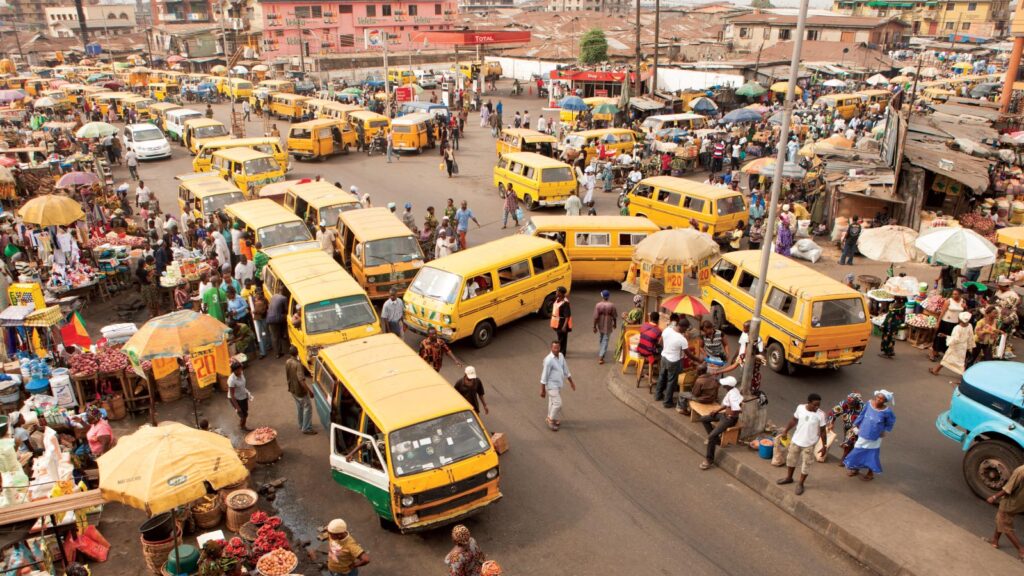This post has already been read 1360 times!
•To finance N192.48bn deficit through loans, bonds
•Explains excessive focus on COVID-19 over other health conditions
Despite admitting to presenting an ambitious and audacious Budget of Rekindled Hope amid global economic crisis occasioned by the COVID-19 pandemic, the Lagos State Government insists its total revenue target of N991.03billion for the 2021 financial year is very much feasible.
The Government argued that as aggressive as the estimates in its N702.935billion budget are, they were based on available economic information and intelligence, and subjected to interrogation across various levels of debate at the State House of Assembly, constituents and other stakeholder groups.
Speaking in Lagos yesterday at its, Facts-Behind-the Figures Media Roundtable on Y2021 Appropriation Budget, the Commissioner for Economic Planning and Budget, Sam Egube, further explained that estimates were also buoyed by last year’s sterling performance in a very challenging environment.
Besides, he believes there are huge revenue-generating opportunities in the state, including real estate, transportation and commerce sectors, adding: “We will continue to use data and intelligence to unravel revenue opportunities and leakages.”
Egube said: “While we were recovering from the pandemic, the #EndSARS protests and the aftermath of its hijack took us back economically and socially, further compounding the situation.
“However, attributable to our resilient nature, as at the third week of December 2020, our total revenue performed at 93%, while our total Capital Expenditure and total Recurrent Expenditure performed at 80% and 86%, respectively.”
He explained that “A significant percentage of the projected IGR (internally-generated revenue) of N512billion is expected to be contributed by LIRS (Lagos Inland Revenue Service). This, he said, will be achieved by expanding the tax net through a simplified tax process, improving our transaction taxes and the appropriate use of technology.
Against this backdrop, he said the State Government made provision for a deficit of about N192.5billon, “to be financed by a combination of external, internal loans and bonds, which are well within the government’s fiscal sustainability benchmarks.”
Egube revealed that the borrowing would be sourced through the capital market (N100billion); External through bonds (N50billion); and internal sources (N40billion) all of which would be deployed into capital expenditure only.
Already, the Capital expenditure took the lion share of the 2021 State Budget of about N703billion while the balance of N460.6billion will go into recurrent expenditure or a distribution ratio of 60;40 percent, respectively.
Egube, who was accompanied by other state executive council members, said the Government had no other choice than to go the route it took with the budget to make a significant impact in the State economy and to improve the wellbeing of all Lagosians.
As a result, he assured that no community in the state will be left out in the infrastructure development in the rebuilding of Lagos, to fast-track economic diversification.
To this end, the Commissioner for Health, Prof. Akin Abayomi, defended the Government’s excessive focus on COVID-19 over and above other equally serious if not deadlier health conditions, saying it is to protect the State economy.
Abayomi said: “COVID-19 deserves such excessive attention because it is a global pandemic, which has brought the global economy to its knees and may do so with Lagos economy if not squarely and properly handled.”
He, however, disagreed that the Government was neglecting other diseases and infections like HIV/AIDS, malaria, hepatitis, cancer and others, noting that of the 27 health centres in the state, only one is strictly devoted to COVID-19, while the rest are for other ailments, to ensure that COVID does not distract attention from them.
Besides, to improve social wellbeing of residents, he said the government graciously removed all tariffs associated with healthcare delivery to avoid collateral damage in the sector on account of COVID-19, which has given rise to increased patronage of state health facilities.



